REVIEW: She’s Not Special at Tarragon/Nightwood Theatre
Entering the theatre to the 2009 dancehall hit “So Special” by Movado is what makes this show special, indeed! This is what Toronto theatre needs.
When I attended Tarragon and Nightwood Theatres’ co-production of She’s Not Special, music from the early 2000s blasted in the theatre, from Toronto’s very own Drake to rock band Linkin Park, setting the tone of the evening as the chatter grew and the audience awaited the beginning of what felt like a concert. People rushed into the Tarragon Mainspace looking for their seats, while others sang to the tunes they listened to in their youth.
This energy prepares you for the realness you’re about to experience. She’s Not Special does not hold back from telling a story about accepting who you are in order to be your greatest self.
In the centre of the stage there’s a green couch with peach throw pillows, and a stand with a picture of young Fatuma Adar wearing a graduation hat. Artists Worrell McFarlane (drums), Evan Porter (bass), and Adrian Hogan (keyboardist and music director) sit off in the visible wings, foreshadowing just how essential a live band is in shaping the vibe of this show. She’s Not Special, written, performed and co-directed by Adar, takes the audience on a musical journey, with trap music-inspired songs and an exploration of trauma including — my personal favourite — talking being an “Oreo” (IYKYK). Adar is a Somali-Canadian artist based in Toronto, and in this one-woman show she uses hip-hop, alternative rock and comedic storytelling to explore the pressures of having to be excellent and Black all the time, at the same time. Adar presents the opportunity to free yourself by sharing how she delights in the ease of mediocrity.
Ease of mediocrity?! Yup, a radical protest asking us all to consider just how good it could feel to be average… maybe Gen Z’s on to something. Work smarter, not harder. With many Millennials — myself included — seeking respite from the Baby Boomers’ approach to the “work hard” life. Artist and theologian Tricia Henry responds to this culture in her manifesto Rest is Resistance, insisting that if we (Black women) do not rest, the future of Black women will cease to exist. She’s Not Special is very much in this vein.
Extreme? I think not!
Adar informs us that she “shouldn’t have to be excellent,” and that she “should be given the same praise of a 19-year-old white girl dancing to Megan Thee Stallion on TikTok.” In other words, she “should be praised for doing the bare minimum.” Grind culture plagues us all, and Adar talks about just how much it’s influenced her life.
She’s Not Special, co-directed and with dramaturgy by Graham Isador, asks little of the audience other than to be present. The quick lyrics and witty jokes nod to the intricacies of being a B.M.W. (Black Muslim Woman) who left med school to pursue a career in writing. Cultural pressures, societal expectation, and trying to please the ancestors: can all of that become a burden too daunting to keep up with every day, and should we have to?
We all can’t be Beyoncé. Adar’s counternarrative opens the door to speaking openly about the pressures of a system that expects Black women to be invisible and hyper-visible at the same time, all the time. And Adar turns that concept on its head, by choosing to show up exactly as she is. Writing herself as the main character where she gets to decide how she is seen, mediocre or not, is the point. Adar writes from a vulnerable, authentic space many of us might not be brave enough to admit.
In addition to all of the above, She’s Not Special is a coming-of-age story from young to grown womanhood. Adar somehow always finds herself confronting the expectations of others, such as the character called Artistic Director, who is introduced to the audience via Zoom. She tells her to “explore her trauma if she wants the drama.” And although I agree with spending the time to heal your trauma, not all Black stories begin with misery and sorrow. Trauma doesn’t have to always live in a place of hard and sad, it can transform and become funny, almost ridiculous — a lot like the interviewer’s question in the video promotion of the show. The interviewer asks Adar if she is “authentic” enough — what does that even mean? Once again, a nod to the perpetuation of exceptionalism. Video projections by Roya DelSol broke the pattern of Adar’s self-reflective text. Sticky note animations naming the scenes pair well with the playful pink lighting by Adrian Hogan (who also designed the set).
Adar has an incredible ability to draw the audience into her world, be it through a song about “tokenism” or the quieter, more reflective moments when she goes off-script and improvs for one minute. Her generous comedic timing creates room for the audience to reflect without the pressure of quickly moving to the next scene. Adar brings a quality of casualness, as if she doesn’t quite know where she might go next and to me, that is refreshing. I danced and sang in my seat, and thoroughly enjoyed the Toronto Black cultural references that made me feel seen.
She’s Not Special played at Tarragon Theatre from May 24-28.
Intermission reviews are independent and unrelated to Intermission’s partnered content. Learn more about Intermission’s partnership model here.


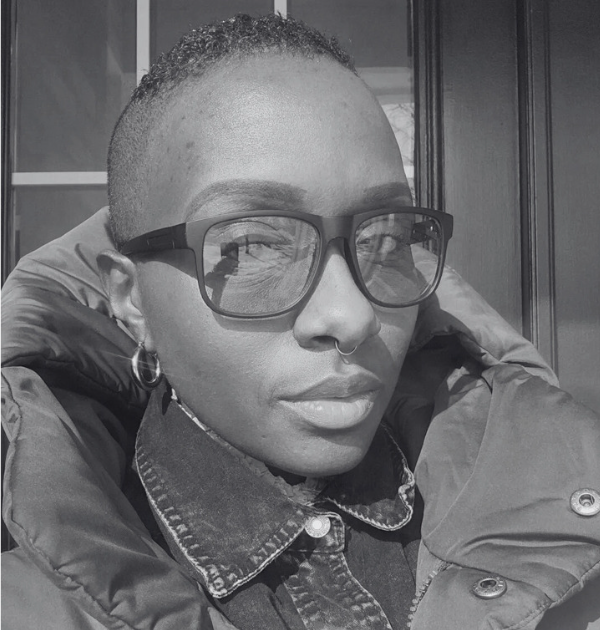








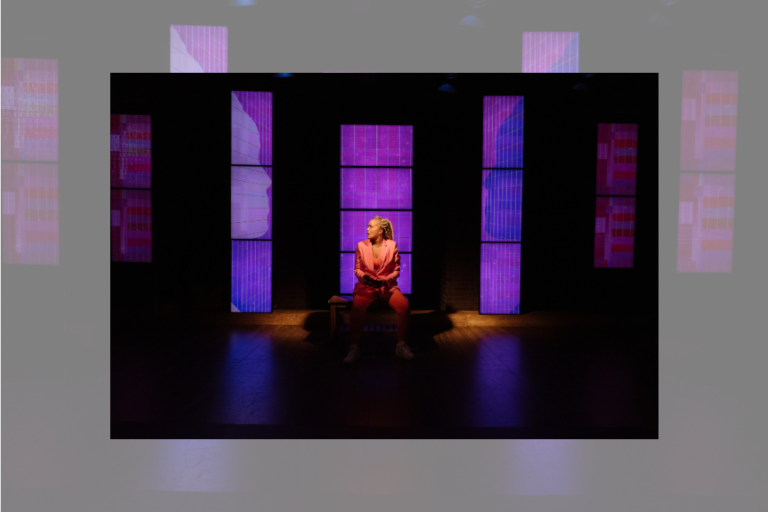
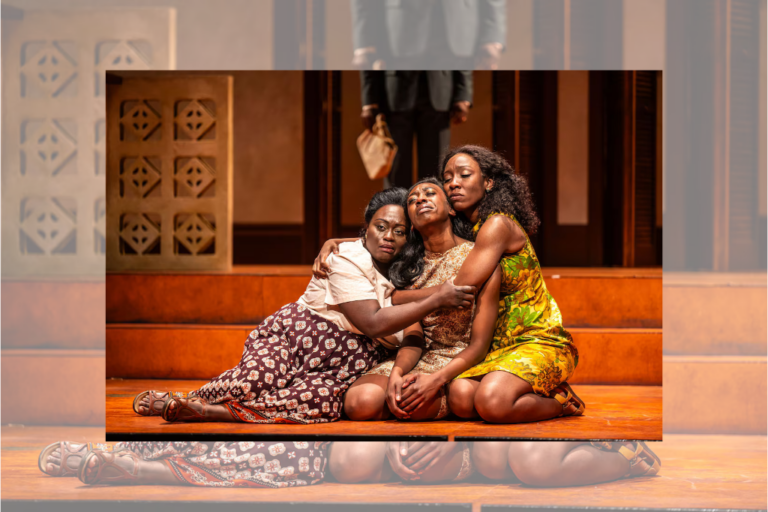
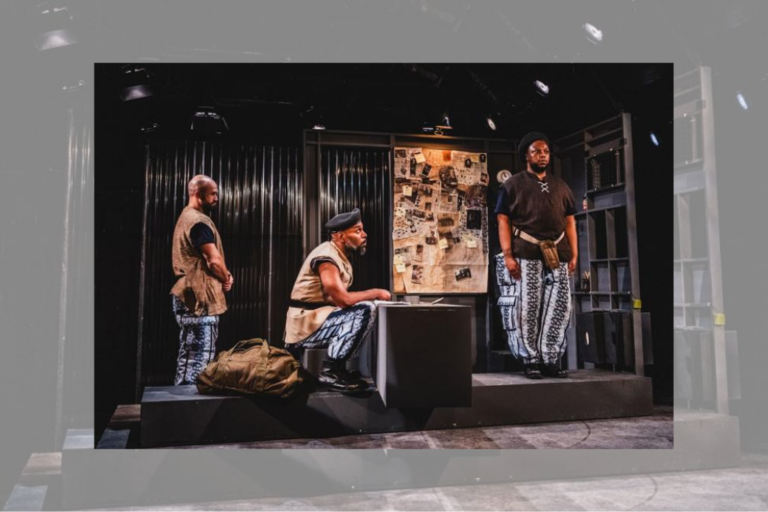
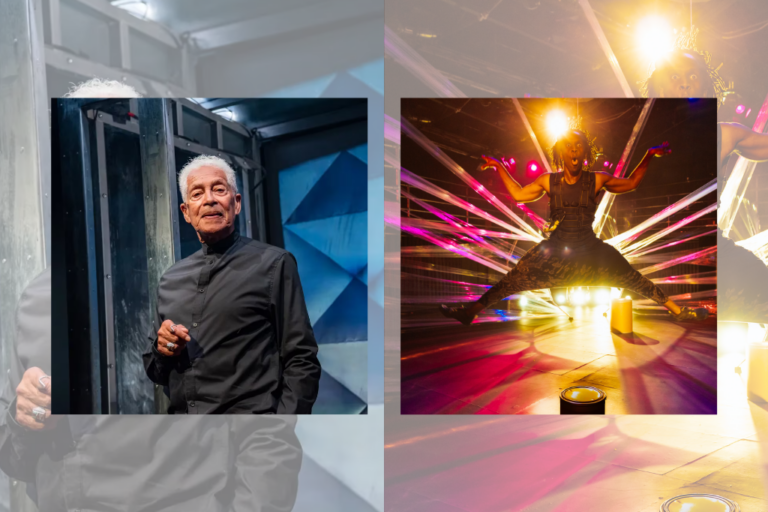
Comments